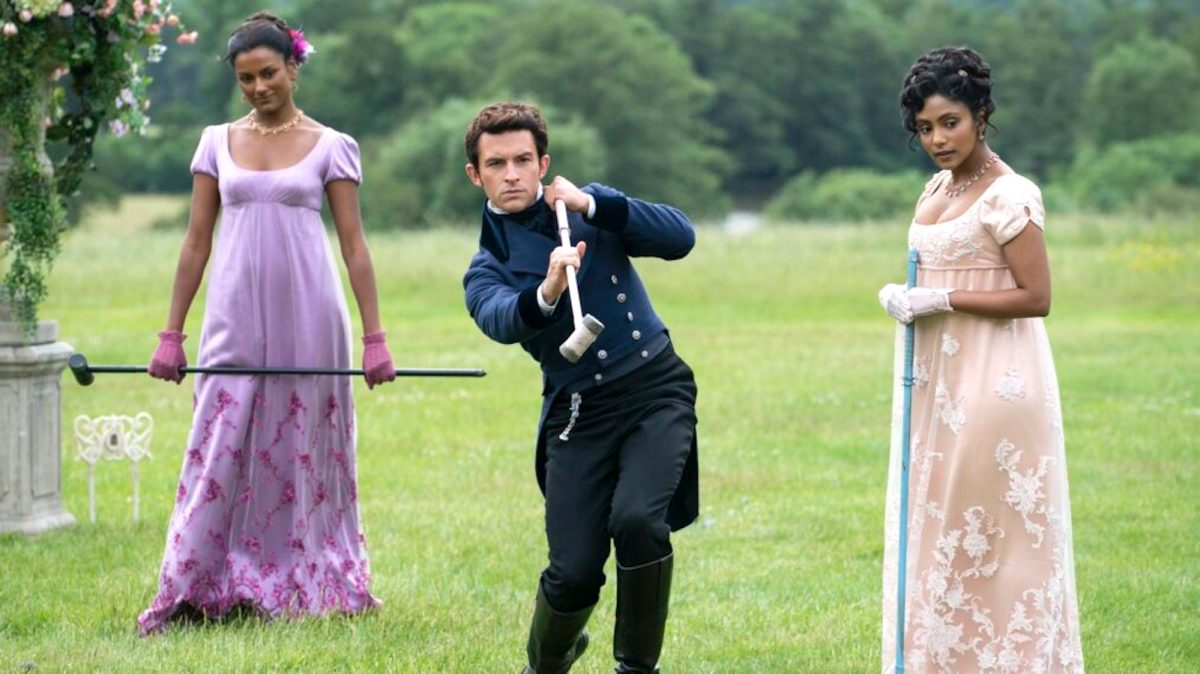Growing up in Texas, I never could quite get a firm grasp of the metric system — namely, how the heck to think in grams, kilograms, meters, and kilometers. For U.S. fans of the hit Netflix show, Physical: 100, which is steeped in the metric system, this might cross your mind from time to time.
I’m here to get you from pounds to kilograms in a jiffy. It’s not as tough as it might seem at first glance, either.
“Oh, that weighs 100 kilograms? Neat. I have no idea what that means,” a younger, naïve version of myself would have thought. Fast-forward to the current day, as an American who now lives in Europe — Poland, to be precise — and my brain not only gets the conversions but can also think in kilograms and the like.
When asked on a form for my weight, the kilogram version actually goes through my head first. When someone says something is just two kilometers away, I get that distance. It wasn’t easy, though, at first, but thanks to some handy tricks, I can convert quickly and understand just how much a pound is compared to a kilogram.
Let’s start with the basic essential: One kilogram equals roughly 2.2 pounds. So, yes, 100 kilograms is equal to approximately 220.46 pounds, or let’s just round up and say 220 and a half. The other way, one pound equals 0.45 kilograms, or 453 grams, roughly, so we’re almost at a 2:1 ratio, but not quite.
This is where rounding really helps out. I like to think of it in terms of 10 when going from kilograms to pounds. With the math above, 10 kilograms is equal to 22 pounds. Basically, you double the kilograms and add two to start. With this logic, you double the kilograms, then you multiply that first digit by two, and add that to the total. Meaning, 40 kilograms would equal 88 pounds — that’s 40 times two, then add to it four times two, which is 80 + 8 = 88. Of course, you can just take your kilogram amount and multiply it by 2.2, in your head or using a calculator, or even just by punching those numbers into an online converter. What’s the fun in that when you’re in front of the TV, surrounded by friends, and you want to impress them (because fast math is impressive, right? Right?)?
You can do this to discover other conversions, too, but once you get to triple digits, like 115 kilograms, for instance, you double the first two numbers instead of just the first digit. When you get to very large numbers, though, it starts to go astray, which is why it’s a really great method for practical purposes, such as people’s weight or objects that a person can lift, but not so much for the weight of, say, an 18-wheeler. Let’s try it out.
With 115 kilograms, apply the same logic — 115 times two gives you 230. Then take 11, the first two digits, and multiply that by two, which is 22. So, 230 + 22 = 252. The actual conversion is 253.53 pounds, so it isn’t an exact every time, but more often than not, it works. Check it out:
—100 kg = 220.46 lbs > 100 x 2 = 200, 10 x 2 = 20, 200 + 20 = 220
—150 kg = 330.69 lbs > 150 x 2 = 300, 15 x 2 = 30, 300 + 30 = 330
—25 kg = 55.11 lbs > 25 x 2 = 50, 2 x 2 = 4, 50 + 4 = 54
As you can see below, when we try larger numbers, it gets out of hand, but it can still get you close on guessing or being able to envision it, if envisioning something like 2,000 or even 20,000 pounds is in your domain:
—900 kg = 1984.16 lbs > 900 x 2 = 1800, 90 x 2 = 180, 900 + 180 = 1800
—10,000 kg = 22,046.23 lbs > 10,000 x 2 = 20,000, 100 x 2 = 200, 20,000 + 200 = 22,000
Need to reverse it around and go from pounds to kilograms? It might sound tricky at first as well, but it only involves small division and subtraction, opposite to what we were just doing. Let’s start 50 pounds, which is approximately 22.67 kilograms. You divide the pounds in half to get to 25, then subtract half of the first digit, with 2.5 being half of 5, and subtract that amount from your first amount, meaning 25 – 2.5 = 22.5. Pretty close, yeah?
With 100 pounds, which is roughly 45 kilograms, it’s the same logic as above, except you take the first two digits now. So:
—100 lbs = 45 kg > 100/2 = 50, 10/2 = 5, 50 – 5 = 45
—160 lbs = 72.57 kg > 160/2 = 80, 16/2 = 8, 80 – 8 = 72
— 25 lbs = 11.33 kg > 25/2 = 12.5, 2/2 = 1, 12.5 – 1 = 11.5
Class dismissed.







